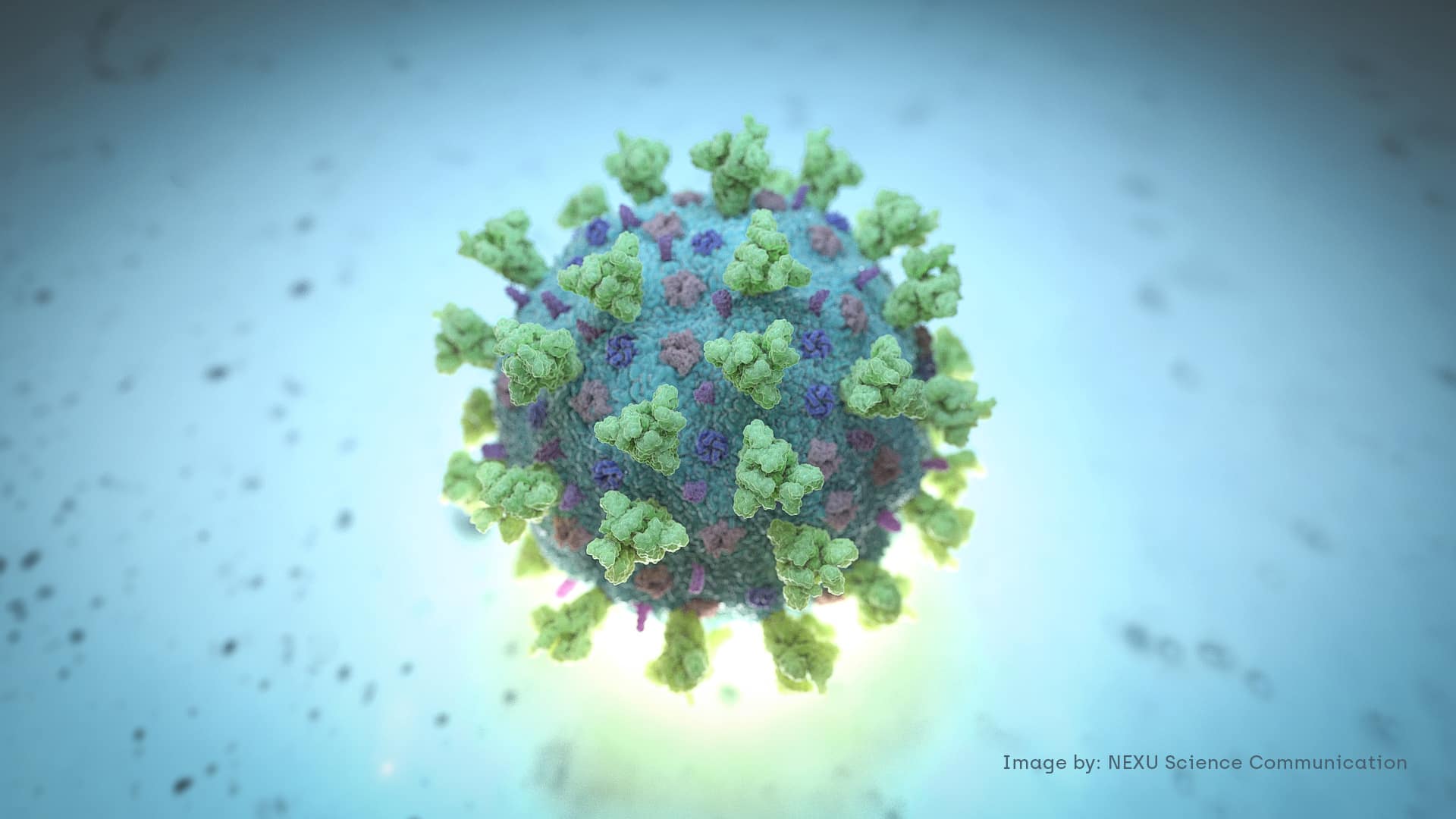Amid its great stonewalling in regards to the origins of the coronavirus that triggered a worldwide pandemic, China has gone on the offensive to label the U.S. effort to find the source “political.”
On Tuesday, President Joe Biden was given a report he sought from America’s intelligence community concerning the origins of the virus, according to The Washington Post.
There are two main schools of thought: that the virus somehow leaped from animals to humans, or that it escaped from the Wuhan Institute of Virology, which is located in the Chinese city that became the first known epicenter of the pandemic.
The report was characterized as inconclusive, the Post reported, citing “two U.S. officials familiar with the matter.”
A report in The Wall Street Journal explained why.
“It was a deep dive, but you can only go so deep as the situation allows,” the Journal reported, citing an unnamed U.S. official. “If China’s not going to give access to certain data sets, you’re never really going to know.”
In a commentary published Wednesday in the journal Nature, the international scientists tasked with uncovering the origins of the disease said Chinese officials have been reluctant to share data related to COVID cases, citing patient confidentiality, which has stalled the search.
The scientists added that continued delays may be detrimental to the investigation, as the “window is closing for key scientific studies.”
On Wednesday, Chinese Foreign Ministry spokesman Wang Wenbin trashed the United States for having the temerity to seek the origin of a virus that has killed more than 4 million people.
“We urge the US to stop using the origins study to seek political manipulation,” he said in his Tuesday media briefing, according to the Chinese embassy website.
Then came some finger-pointing to hopefully shift the spotlight from the place where the virus was first reported.
“If it is bent on insisting the lab-leak theory, it should start with inviting WHO experts to launch a probe into Fort Detrick and the University of North Carolina to find the source of the virus,” Wang said. “In the meantime, we hope the international community can work hand in hand to resist the backlash of politicization and bring the origins study back to the right track of scientific cooperation.”
The spokesman said America’s “aim is not to get to the bottom of the origins of the virus, or to form a scientific report based on facts and scientific methods. What the US is really up to is to shift the responsibility of its failure in pandemic response domestically and scapegoat China.”
“Such a report to plant evidence that is all about politics, naturally will not reach any scientific conclusion on origins tracing of COVID-19, but will only interfere in and undermine the global efforts of origins tracing and cooperation on pandemic response,” he said.
“The allegation of lack of information from China is just an excuse to cover up the US’ own failure in relying on intelligence to trace the origins of the virus,” he said, later adding America’s goal “is not how to find the origins of the virus, but how to use the issue to suppress other countries and serve its own interests.”
Fu Cong, head of the foreign ministry’s arms control department, also lashed out at the U.S.
“If [the US] want to baselessly accuse China, they better be prepared to accept a counter-attack from China. If the US thinks China is guilty, they need to come up with evidence to prove that China is guilty. You don’t blame a victim for not providing information to incriminate himself,” he said, according to The Guardian.
A lead scientist from the World Health Organization said it cannot confirm any theory.
“The current situation is that all of the hypotheses regarding to the origins of the virus are still on the table,” Michael Ryan, who leads the WHO’s health emergencies program, said.
“Some are more likely than others based on the current analysis, but all of those hypotheses require further elucidation and further inquiry and we will go and look where all of those leads take the WHO.”
China’s refusal should not be the end of the story, one researcher told the Post.
“We should not even be thinking about closing the book or backing off, but rather ratcheting up the effort,” said David Relman, a Stanford University microbiologist.
This article appeared originally on The Western Journal.
























 Continue with Google
Continue with Google